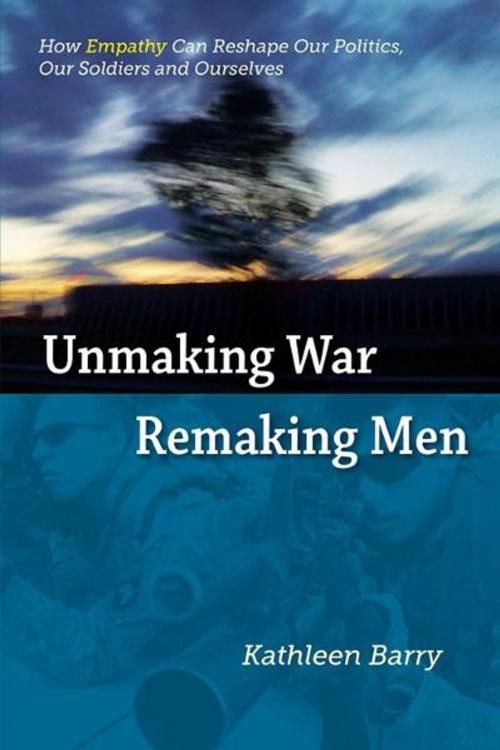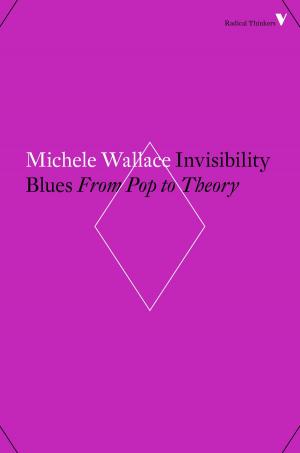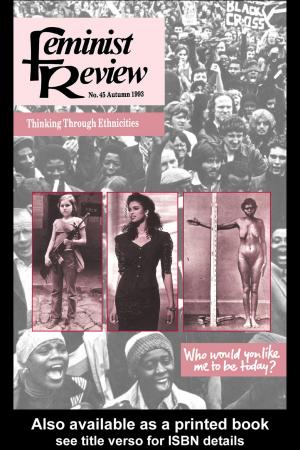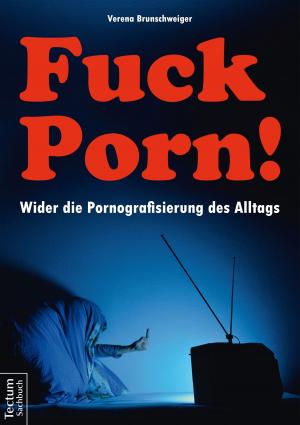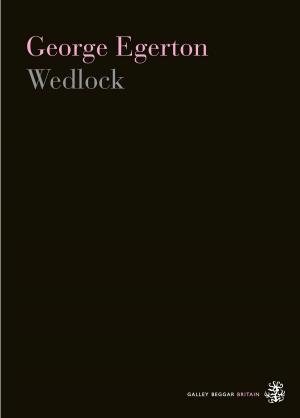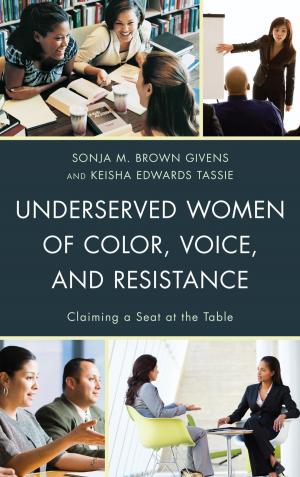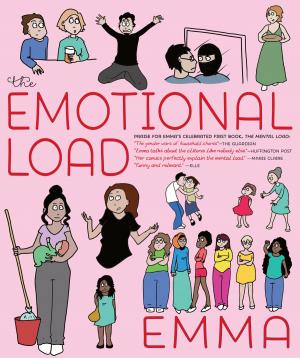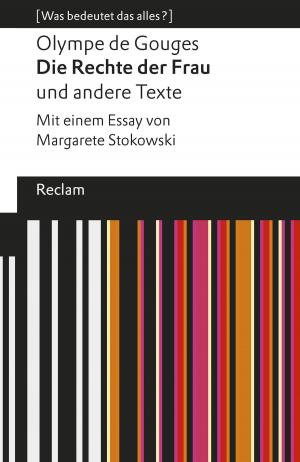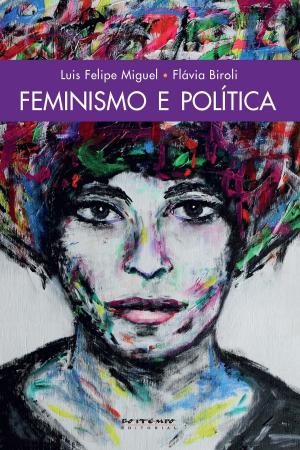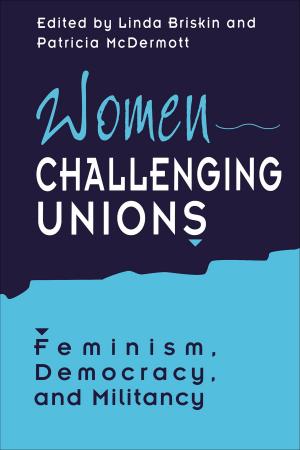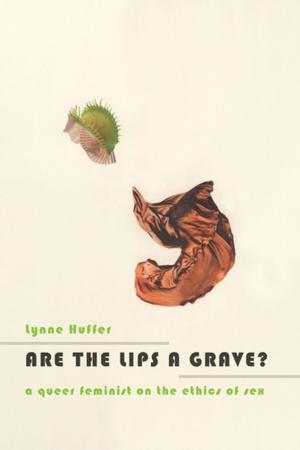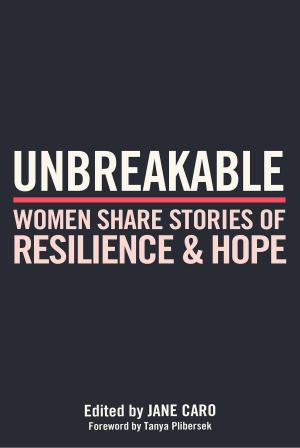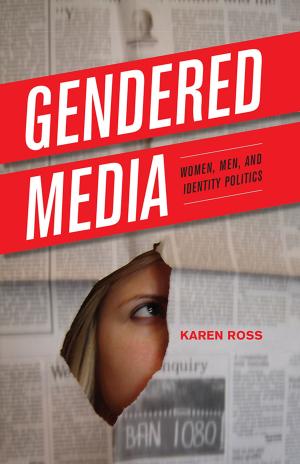Unmaking War, Remaking Men
How Empathy Can Reshape Our Politics, Our Soldiers and Ourselves
Nonfiction, Social & Cultural Studies, Social Science, Gender Studies, Feminism & Feminist Theory| Author: | Kathleen Barry | ISBN: | 9780982796719 |
| Publisher: | Phoenix Rising Press of Santa Rosa | Publication: | October 1, 2010 |
| Imprint: | Language: | English |
| Author: | Kathleen Barry |
| ISBN: | 9780982796719 |
| Publisher: | Phoenix Rising Press of Santa Rosa |
| Publication: | October 1, 2010 |
| Imprint: | |
| Language: | English |
Kathleen Barry answers the perennial question: Is war inevitable? with an emphatic "no." She explores soldiers' experiences through a politics of empathy and reveals how men’s lives are made expendable for combat in which they suffer loss of their own souls. She then probes the psychopathy that marks world leaders from George W. Bush to Ariel Sharon to Osama bin Laden to show how war is made from remorseless indifference to human life. Kathleen Barry asks: ‘What would it take to unmake war?’ by scrutinizing the demilitarized state of Costa Rica and comparing its claims of peace with its high rate of violence against women. Ending war requires unmaking masculinity, a change already under way in men who resist and refuse combat and transform their lives into a new kind of humanity.
Kathleen Barry answers the perennial question: Is war inevitable? with an emphatic "no." She explores soldiers' experiences through a politics of empathy and reveals how men’s lives are made expendable for combat in which they suffer loss of their own souls. She then probes the psychopathy that marks world leaders from George W. Bush to Ariel Sharon to Osama bin Laden to show how war is made from remorseless indifference to human life. Kathleen Barry asks: ‘What would it take to unmake war?’ by scrutinizing the demilitarized state of Costa Rica and comparing its claims of peace with its high rate of violence against women. Ending war requires unmaking masculinity, a change already under way in men who resist and refuse combat and transform their lives into a new kind of humanity.
